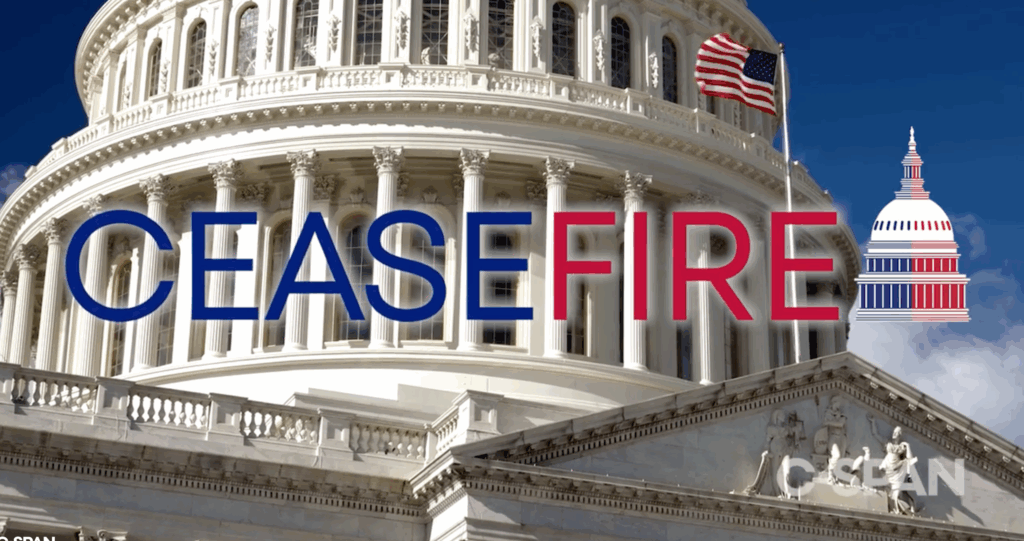Twenty years ago, watching TV meant sitting at home in front of a television set, probably in the living room. It came through a box sitting next to the TV, and if you wanted to watch TV in a different room that it meant setting up a different box and a different connection. Today, apps, tablets, smartphones, streaming services, TV Everywhere technology, and near-ubiquitous Wi-Fi have given consumers more choices than ever as to where, when, and how they watch TV. These innovations have come from all kinds of service providers and tech companies, all of which are innovating rapidly and to great success while fully honoring copyright laws. This entertainment revolution is already taking hold in the market and replacing the box-centric model. Despite these important developments, the FCC has proposed a new tech mandate that would force pay-TV providers to hand over their programming to third parties for use in set-top boxes or apps without regard for the licensing terms between those providers and their content suppliers, such as where programming will appear in a channel line-up, or any of the regulatory requirements applicable to pay-TV providers’ provision of such programming. During this time of tremendous marketplace progress, the FCC’s mandate is puzzling and completely unnecessary given the apps-based alternative. And it will ultimately hurt consumers, because it will remove the important incentives created by our copyright system to produce first-rate TV programming. If the Commission nonetheless chooses to push ahead, it would do so at its peril: the proposal is riddled with statutory and constitutional violations. First, the FCC points to Section 629 of the Communications Act as authority for its proposed mandate. But that statute was about ensuring that consumers could choose to buy their own set-top boxes from independent retailers to access their video service, rather than leasing it from their service provider. That is a far cry from ordering pay-TV companies to disaggregate and give their programming to any third party who wants it in order to create an entirely new, derivative service. Thus, these proposed rules exceed the FCC’s legal authority under Section 629. Additionally, 629(b) forbids FCC rules that “jeopardize security of multichannel video programming” or impede the legal rights of pay-TV providers “to prevent theft of service.” Forcing pay-TV programming to unbundle their content and deliver it to unprotected devices would do both of those things. Second, the proposed rules would violate the provision in the Communications Act that prevents the FCC from treating TV providers as nothing more than dumb pipes for the transmission of programming to anybody who wants it — that is, as “common carriers.” The proposed rules also erode consumer privacy protections that apply to cable operators and replace them with a questionable self-certification system that relies on promises from third party device makers that will honor those protections. Third, the proposed rules would override established intellectual property rights, thus violating the FCC’s duty to avoid conflicts with other federal policies. Moreover, by putting key intellectual property rights at risk, the proposed rules would deter content creators and distributors from making the investments needed to create the best possible content and new, innovative distribution methods. Finally, these rules would exceed the constitutional limits of the FCC’s authority. They violate the free speech rights of TV programmers and distributors and place regulatory authority in the hands of biased, unaccountable private entities, including the standards-setting bodies and the self-certification system. The FCC has no policy need nor does it have the legal authority to impose such invasive new regulations on the thriving video marketplace.








